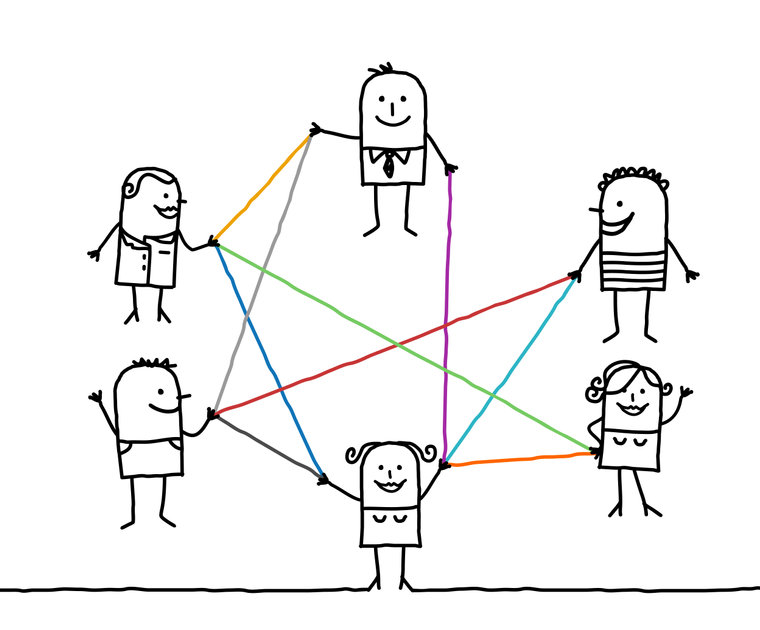When is it Okay to Ignore a
Text or Email Message?

You might ignore a text or email message that feels unduly confrontive. The sender, noting the lack of response, might clarify. Experience teaches that responding too quickly out of hurt or frustration puts a person in a position of having said something which is later regretted. “Always pause” is a great motto.
In today’s busy, communication-rich environment, immediate responses are not always expected. However, what constitutes “immediately” varies from person to person. When you do decide to respond, the caveat should be, “Sorry for this tardy response.”
An Interesting Phenomenon
Most of us carry phones and notice our messages and email quickly. So, when someone doesn’t respond to a text message you might begin to wonder, and perhaps worry, why. The environment is there to communicate, yet they are not, and the frustration can lead to anxious feelings.
Of course, there are any number of reasons why a person isn’t responding. But if someone chooses to ignore a text or email message from you and it becomes a pattern, it brings into question the type of relationship you have with that person.
Switching the scenario, do you leave others wondering why you haven’t communicated?
Re-assessing with Etiquette
Etiquette means that you aim to be relational—you are aware of your interconnectedness with others, engaged, generous, and kind. So, if you decide to ignore a text or email, here are some questions to ask yourself.
- Why do I want to ignore this text or email?
- Do I need to change my relationship with this person?
- Is ignoring the communication etiquette-ful?
Another way to consider how ignoring a message comes across is to change the scenario. If you were passing a friend or acquaintance in a hallway and they asked a question, would you ignore them and keep walking?
Virtual conversations have the same consideration. Responses may be delayed, but a complete lack of response leaves the other person feeling unimportant, or that something is wrong.
If the communication you are receiving is rude or abusive, then you should ignore it. But you will need to consider some type of action to resolve the situation.
Let Etiquette Guide You When You Ignore a Text or Email Message
Being respectfully candid requires employing the realities of etiquette. Etiquette is situational, relational, and contextual. What is the situation? What is my relationship with this person? What are the circumstances that I find myself in? Am I relaying too much in writing and not enough in voice?
We all get busy and let our positive communication skills slip through the cracks. When this happens, own it and let the people you’ve ignored know that you acknowledge the slip. If the written communication is argumentative, acknowledge that you needed a pause so that you could collect your thoughts and formulate your best response.
It may be that what is needed is old-fashioned face-to-face communication. Rather than choosing to completely ignore a text or email message, you might instead, write back, “Our communication feels a bit off-track. Maybe we could meet up or talk by phone?”
Re-instating our commitment to etiquette-fulness sets an example to others that civility is not a thin social veneer. It’s the way we want to live and work with others and we should always re-assess our communication habits.














